African Union and Agenda 2063: The Past, Present and Future
Editors: Adeoye O Akinola and Khabele Matlosa
Publisher: University of Johannesburg Press
Description:Since its official launch on 9 July 2002 in Durban, South Africa, the African Union (AU) has taken on the complex mantle of promoting peace, governance, development, and continental integration—building on the legacy of its predecessor, the Organisation of African Unity (OAU). While the OAU championed the liberation and unity of African states, the AU expanded this vision under the broader framework of Pan-Africanism, aligning it with modern challenges and aspirations. As the AU marked its 20th anniversary in 2022, there emerged a critical need to evaluate its performance, particularly in relation to Agenda 2063: The Africa We Want—a strategic vision for Africa’s long-term transformation adopted in 2013. Understanding the AU’s trajectory requires reflection on the historical struggles that shaped Pan-Africanism, including colonialism, apartheid, and racial injustice. Key milestones such as the African Continental Free Trade Area (AfCFTA) reflect progress, but limited advancement in flagship projects like the Free Movement of Persons and “Silencing the Guns” initiative highlights persistent challenges. This book, African Union and Agenda 2063: The Past, Present, and Future, undertakes a critical assessment of the AU’s 20-year record, aiming to reinvigorate Pan-African consciousness and examine the structural and political constraints hindering the Union’s effectiveness in achieving lasting peace, prosperity, and unity across the continent.

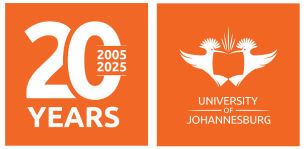



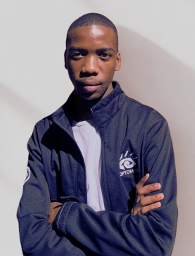



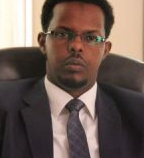
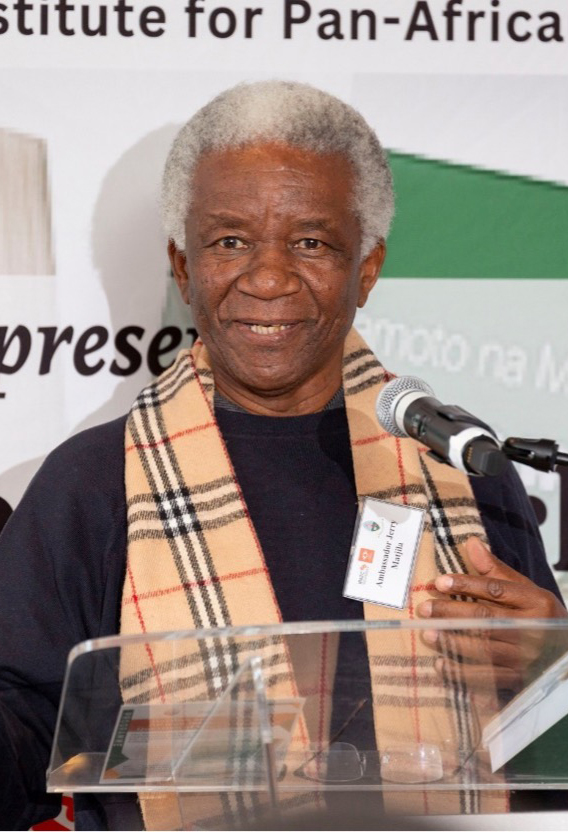
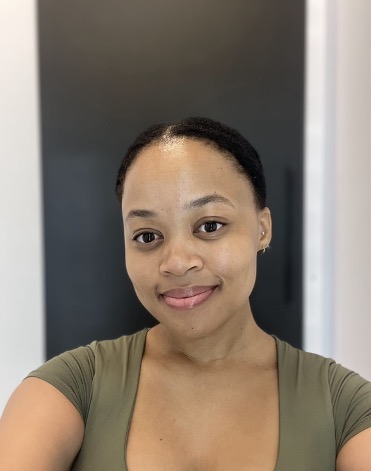

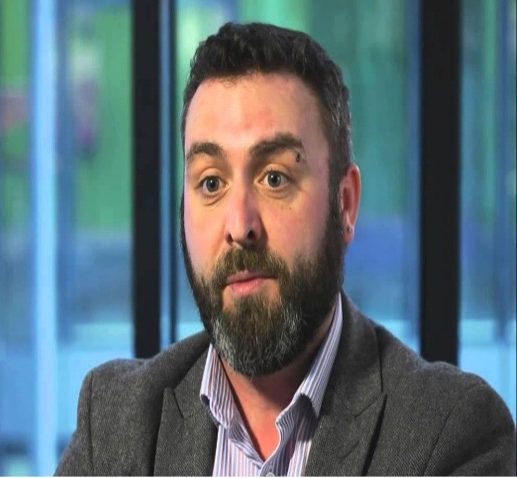



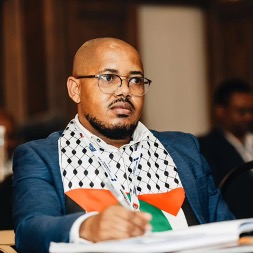



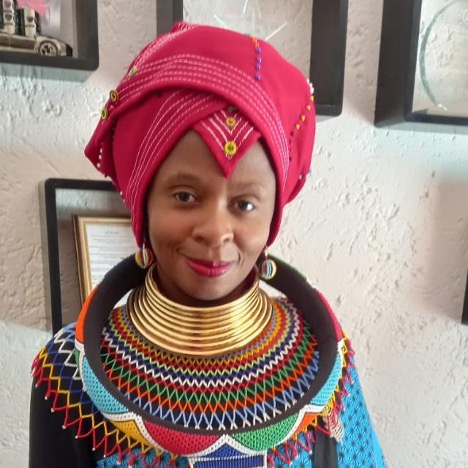


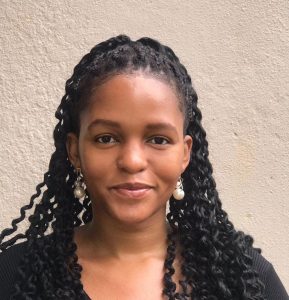

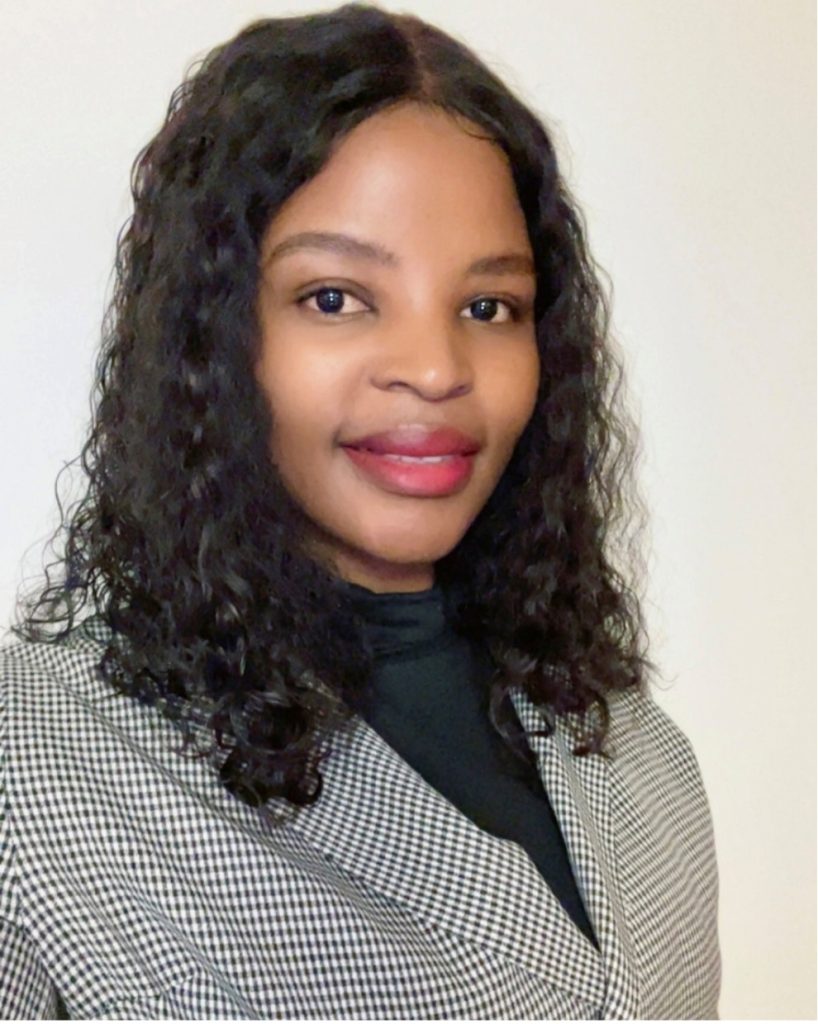
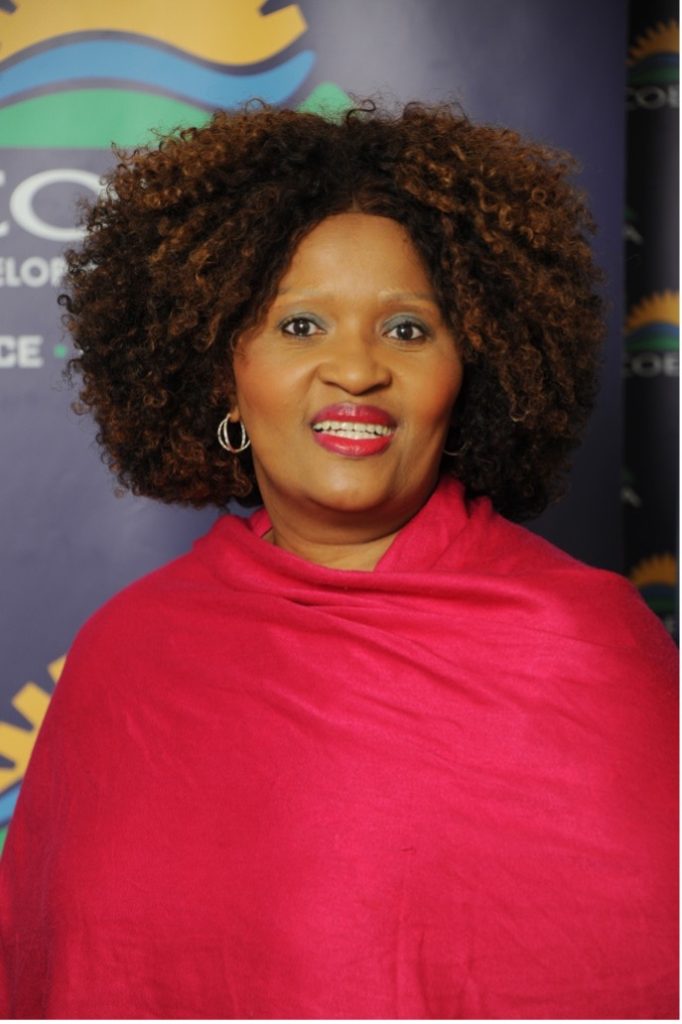





























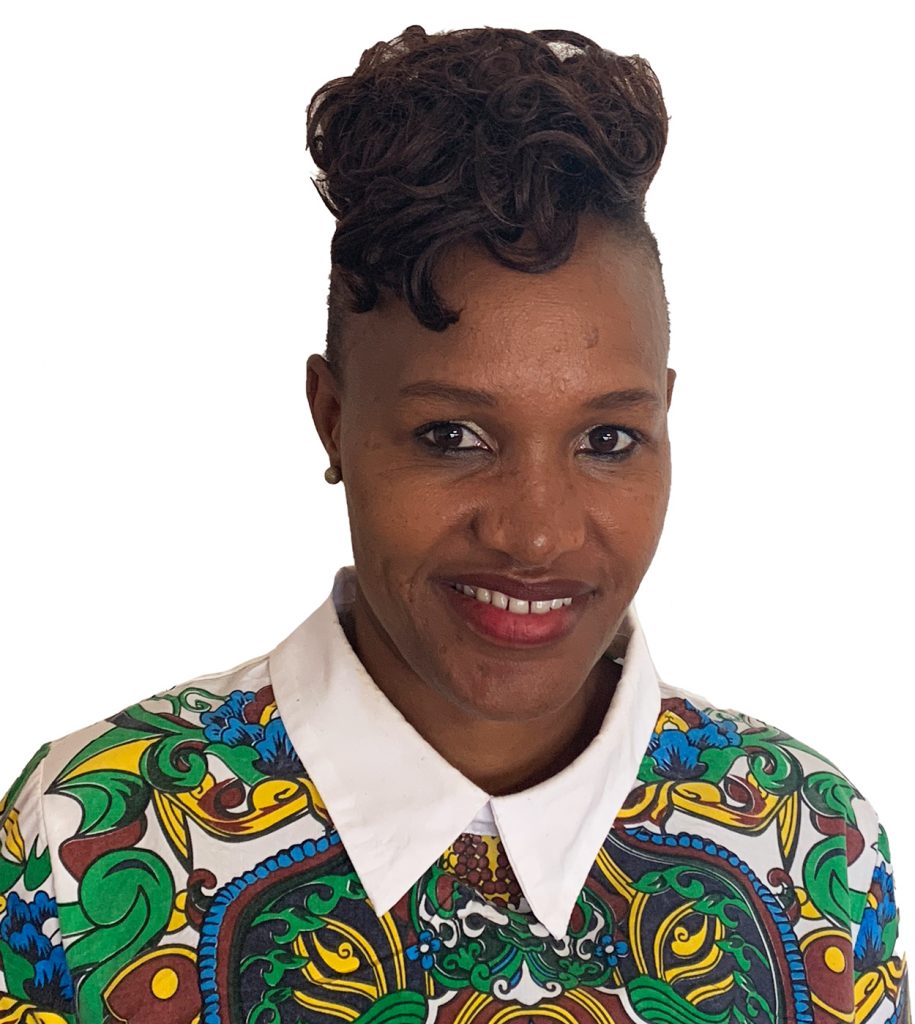

 Ms Zoliswa Ntsoko (South Africa) is the Institute’s Administrative Assistant who assists with general administration and research. She is a seasoned professional with a background in Disaster Management. She holds an Advanced Diploma in Management from Milpark Business School, and a Post Graduate Diploma in Public Management from Regenesys Business School. She also holds certificates in Project Management, and in Disaster Management. Previously, she has worked as a Disaster Management Specialist at the City of Johannesburg – Disaster Management Centre.
Ms Zoliswa Ntsoko (South Africa) is the Institute’s Administrative Assistant who assists with general administration and research. She is a seasoned professional with a background in Disaster Management. She holds an Advanced Diploma in Management from Milpark Business School, and a Post Graduate Diploma in Public Management from Regenesys Business School. She also holds certificates in Project Management, and in Disaster Management. Previously, she has worked as a Disaster Management Specialist at the City of Johannesburg – Disaster Management Centre. Ms Cecilia Lwiindi Nedziwe-Moyo is the Research Coordinator at the Institute for Pan-African Thought and Conversation. She previously served as a Regional Coordinator at the Centre for Peace Initiatives in Africa (CPIA) in Zimbabwe between 2007 and 2013. She completed her master’s degree in International Studies, Peace, and Conflict Resolution at the University of Queensland in Australia as a Rotary Peace Scholar. She has just completed her doctoral studies at Rhodes University. Her areas of interest include: gender, foreign policy, regional organisations and conflict resolution.
Ms Cecilia Lwiindi Nedziwe-Moyo is the Research Coordinator at the Institute for Pan-African Thought and Conversation. She previously served as a Regional Coordinator at the Centre for Peace Initiatives in Africa (CPIA) in Zimbabwe between 2007 and 2013. She completed her master’s degree in International Studies, Peace, and Conflict Resolution at the University of Queensland in Australia as a Rotary Peace Scholar. She has just completed her doctoral studies at Rhodes University. Her areas of interest include: gender, foreign policy, regional organisations and conflict resolution.



 Ms Thembeka Somtseu is a seasoned professional with a background in the textile and construction sectors. She holds a National Diploma in Business Administration from the Durban University of Technology, and studied Development Communication and Media Studies at the University of the Witwatersrand. She worked as a corporate communications specialist for more than ten years, serving in both local and multinational companies.
Ms Thembeka Somtseu is a seasoned professional with a background in the textile and construction sectors. She holds a National Diploma in Business Administration from the Durban University of Technology, and studied Development Communication and Media Studies at the University of the Witwatersrand. She worked as a corporate communications specialist for more than ten years, serving in both local and multinational companies.